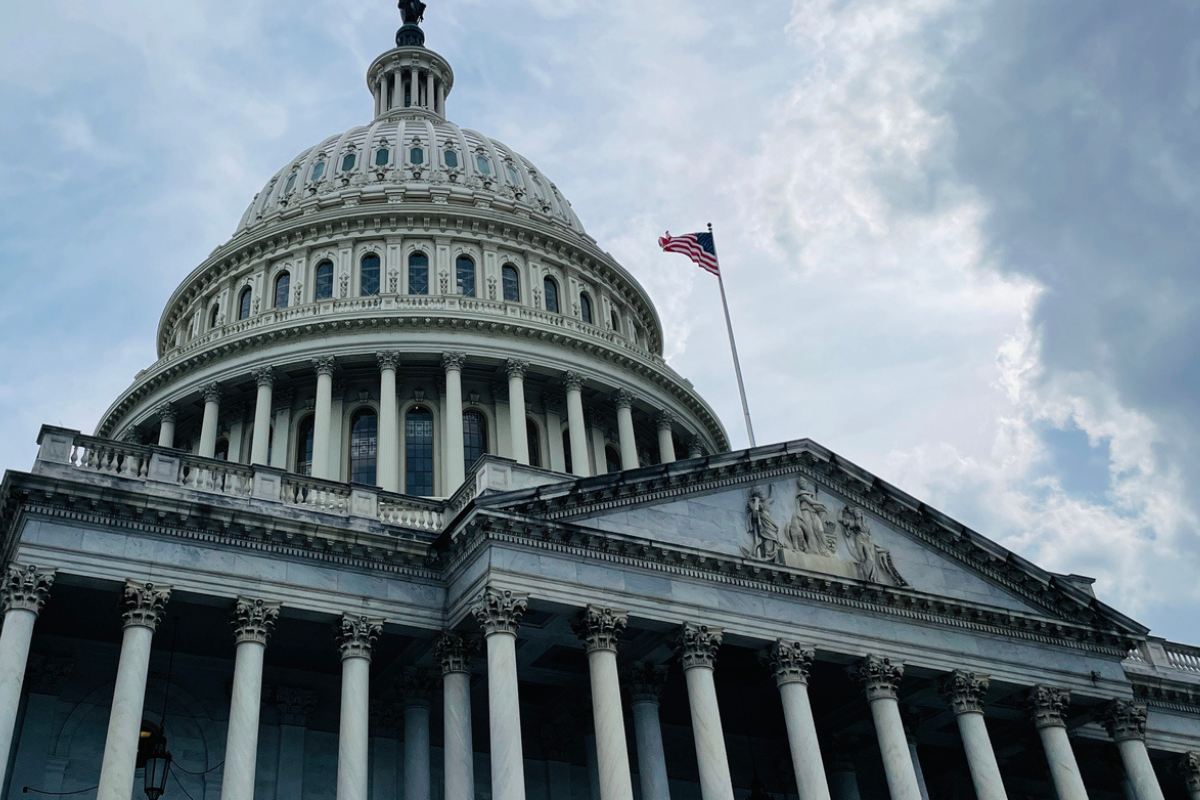A bipartisan group of Senators addressed China’s dominance of the sector in a letter to the Biden administration.
Voices are mounting in American political circles to address China’s dominance over the global critical minerals sector. A bipartisan group of U.S. Senators has now written a letter (PDF) to the Biden administration, calling for action and advocating for measures to secure the U.S. supply chains of critical raw materials. The Senators, among them Democrat Senator for Virginia Mark R. Warner and Republican Senator for Florida Marco Rubio, highlighted the growing demand and importance for fields like renewable energies, electric vehicles, the high-tech industry, and weapons and defense applications. At the same time, the letter emphasizes that the U.S. dependency on China continues to grow. In the context of recently implemented export controls on the technology metals germanium and gallium, followed by similar restrictions on the battery material graphite, the Senators argue that the government must support efforts from the private and public sectors to reduce this dependency and bolster domestic supply chains.
Import Dependency Is No Surprise to Experts
China controls the supply chain of numerous critical minerals and their refined products. Besides germanium, gallium, and graphite, the People’s Republic also dominates the mining of rare earth elements (REE), with roughly 60 percent of the global production. However, this dominance is even more pronounced in REE refining and the production of rare earth magnets used in motors of electric vehicles and in wind turbines, for example. Here, China controls over 90 percent of the worldwide output (PDF). This dependency is not unknown to experts. For example, the U.S. Geological Survey recently published a new study on mineral potentials in the Western U.S. In the study, the researchers discovered that the U.S. has the potential to reduce import dependencies by recovering minerals more efficiently and mining previously untapped deposits. The bipartisan letter could help bring the issue to a broader audience and advance investments in the sector.
Photo: iStock/Douglas Rissing


